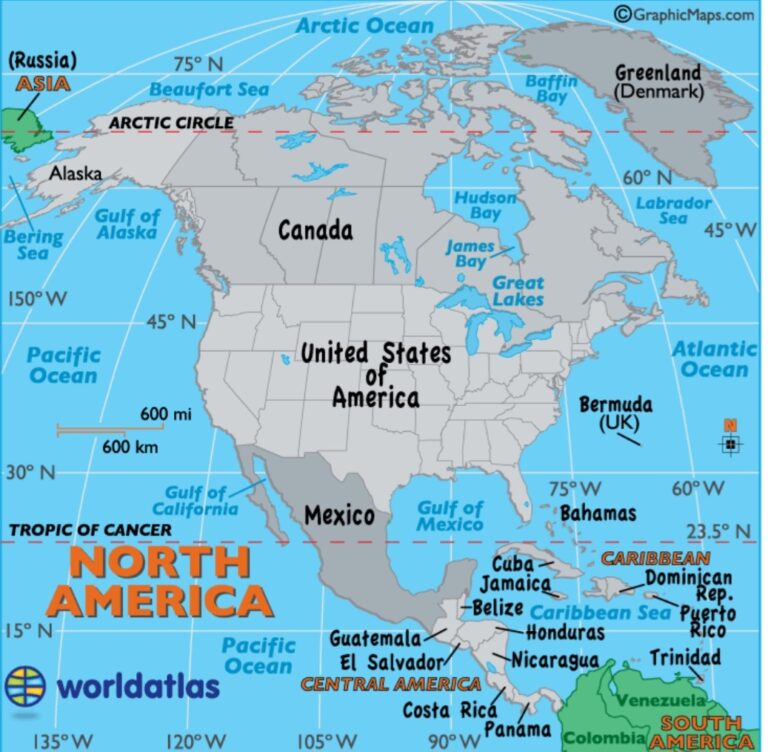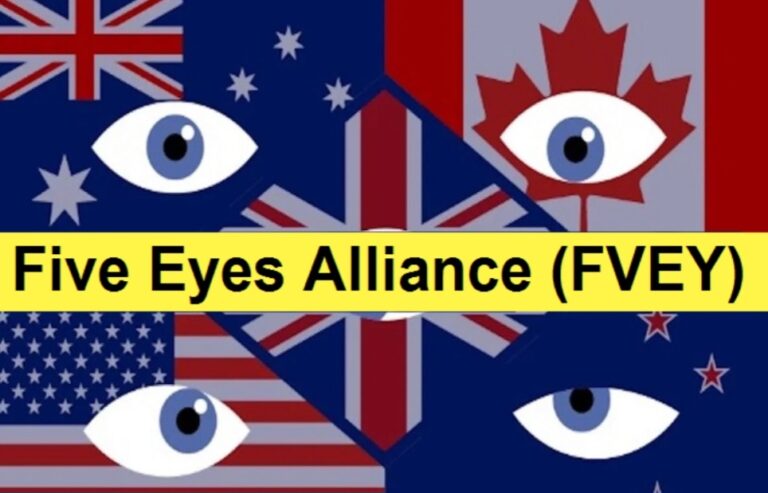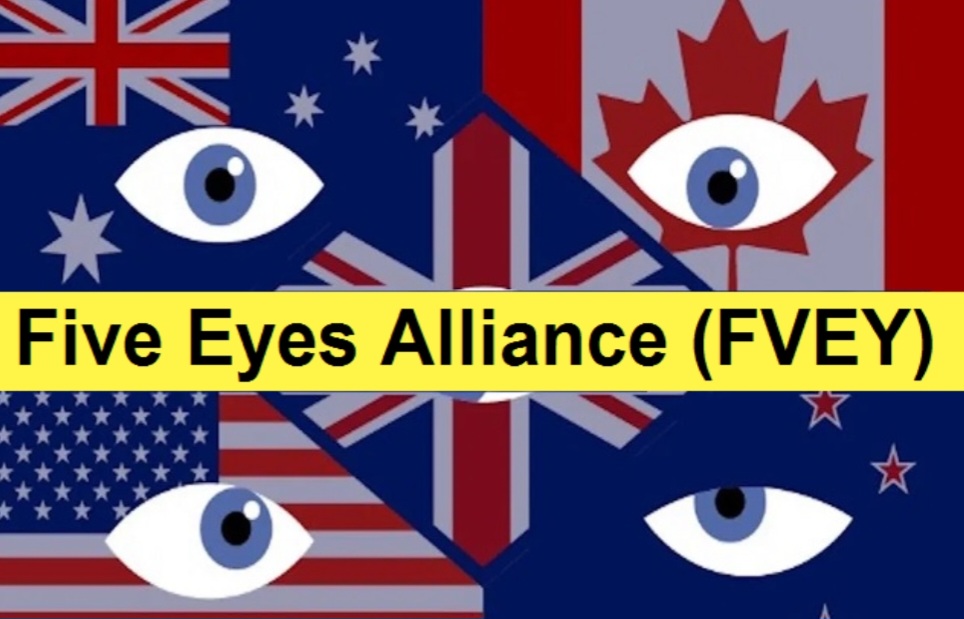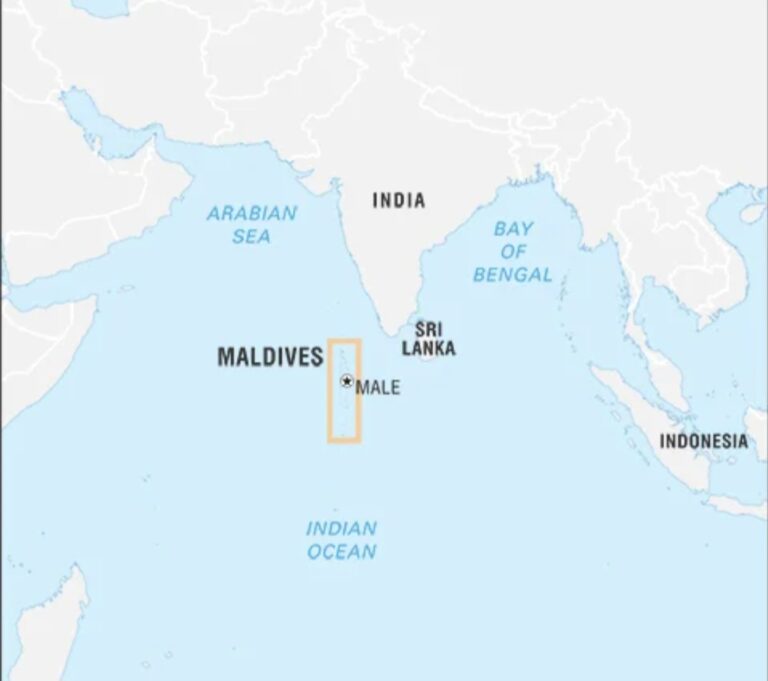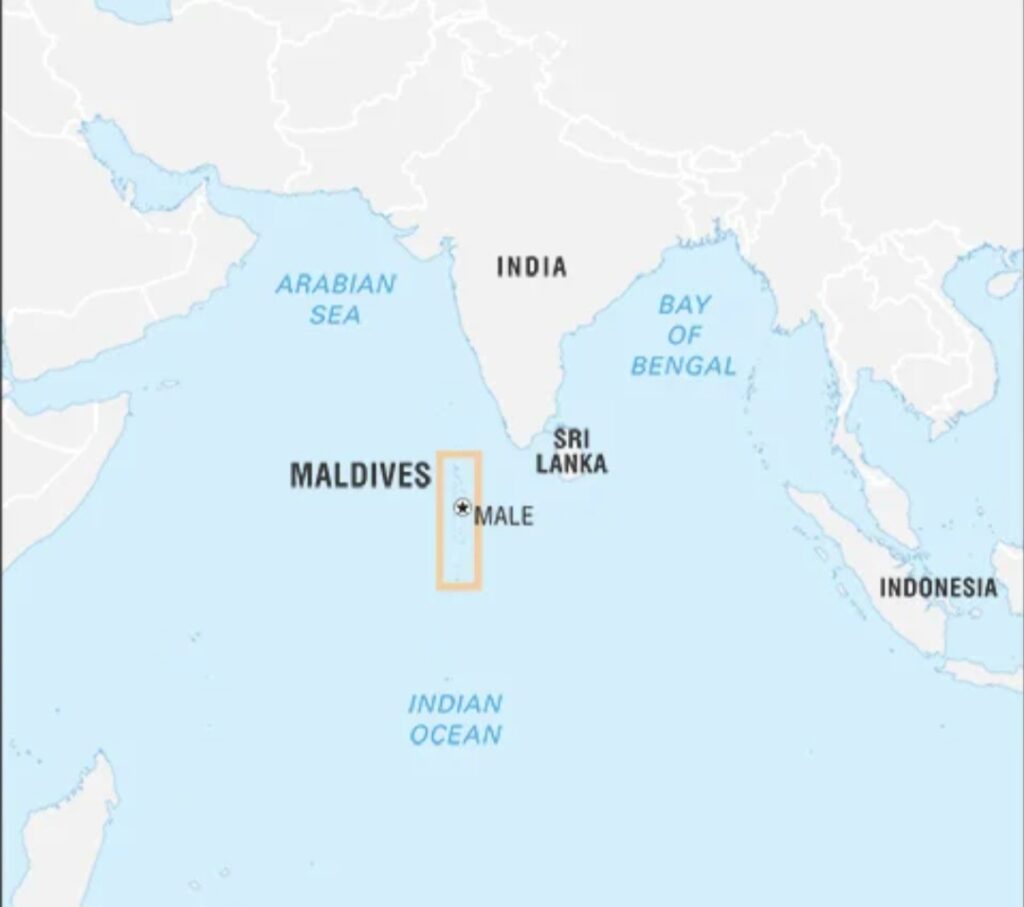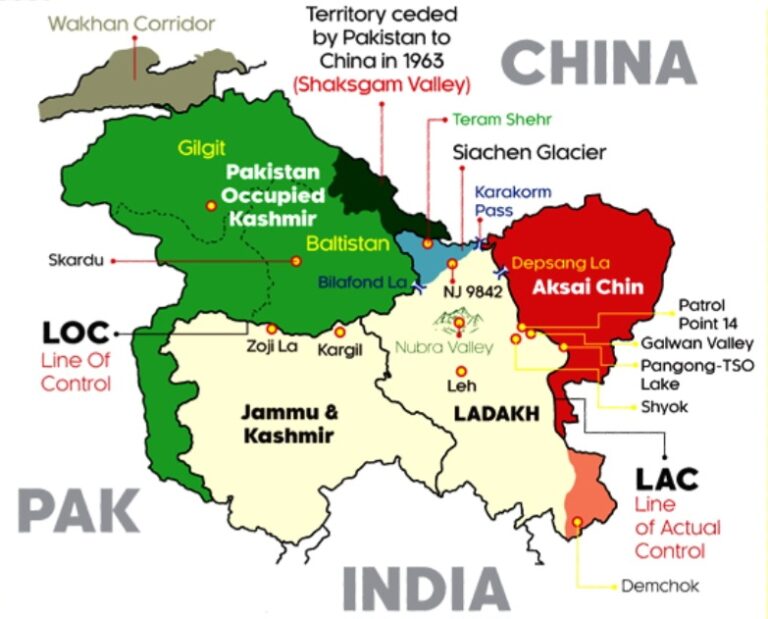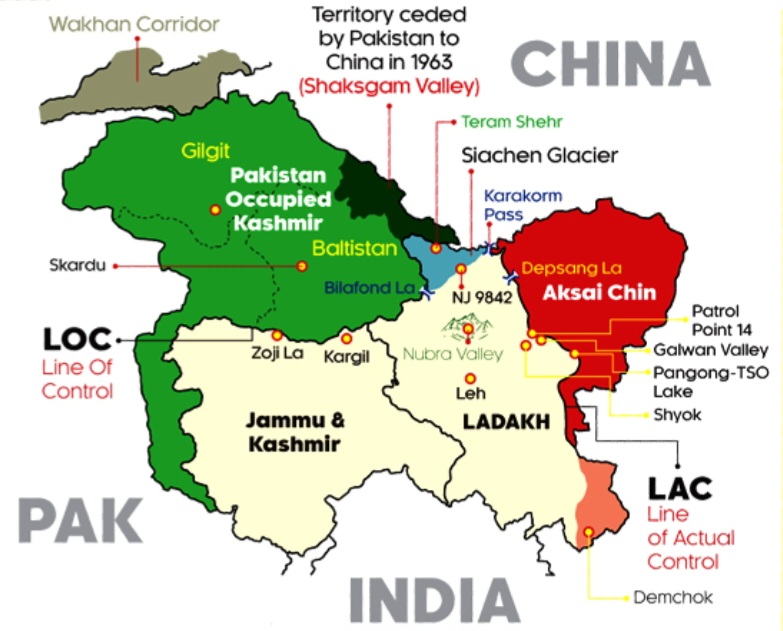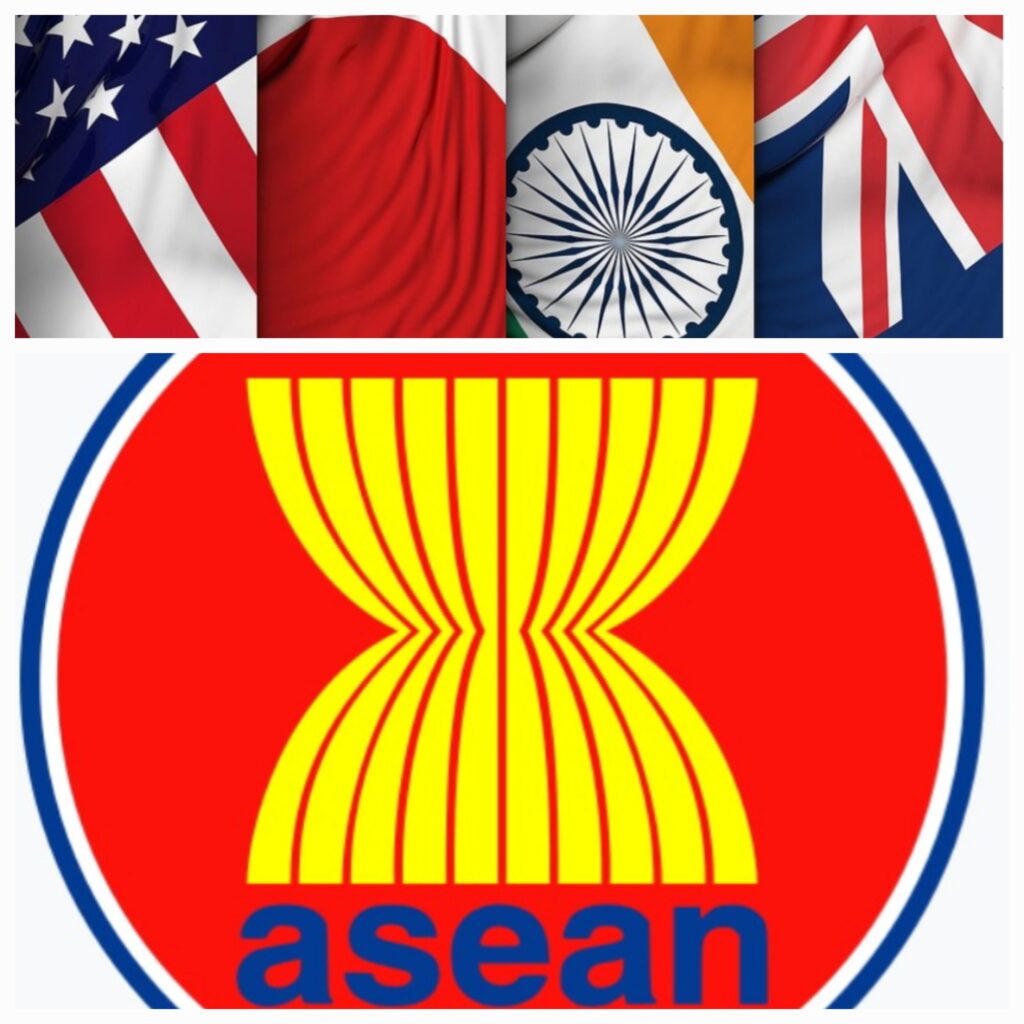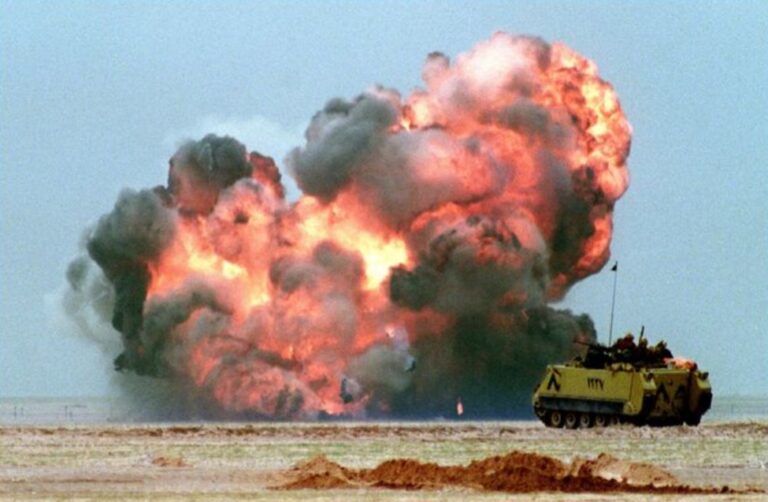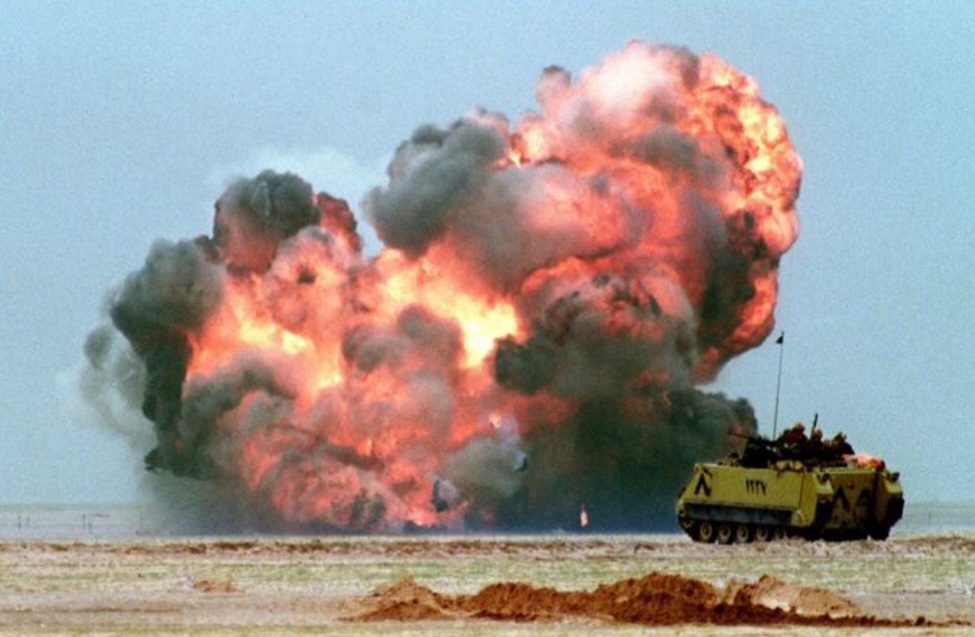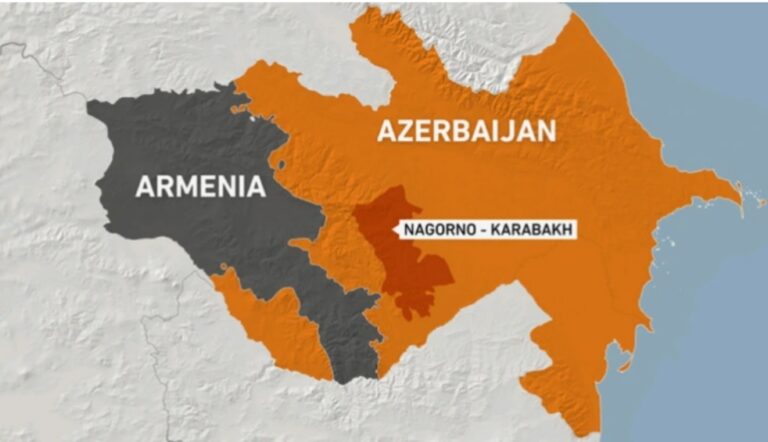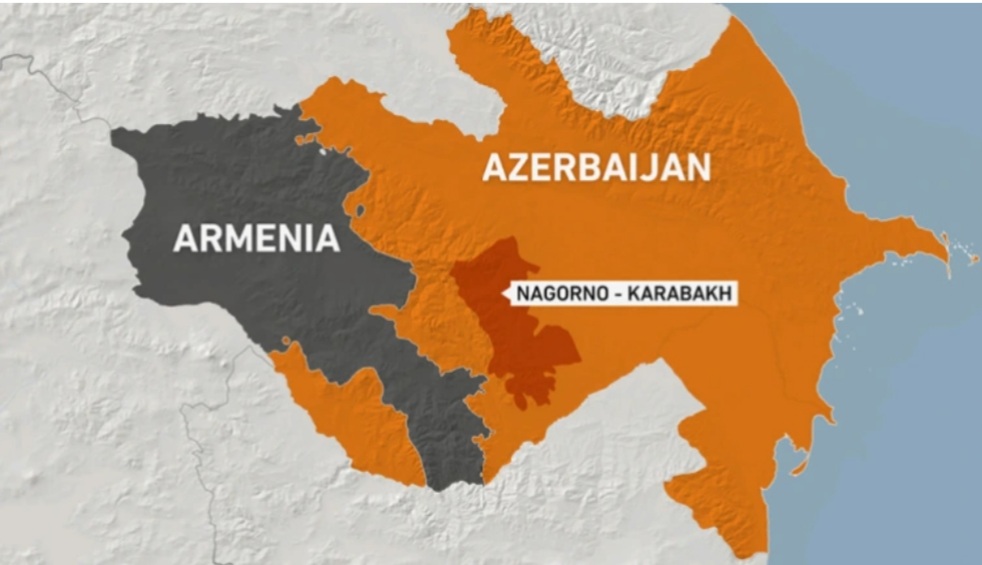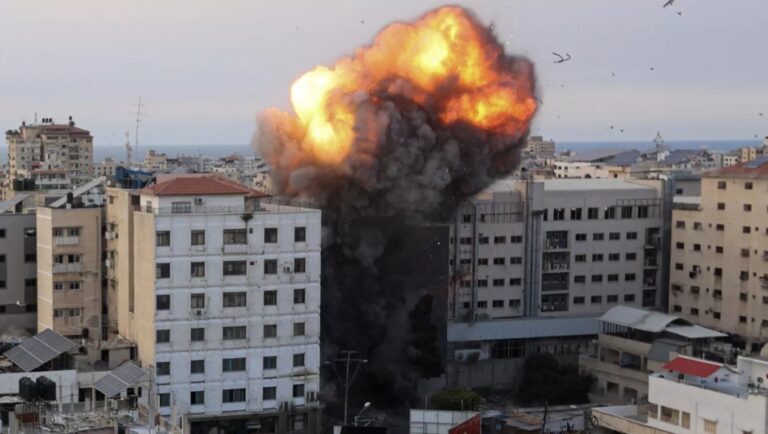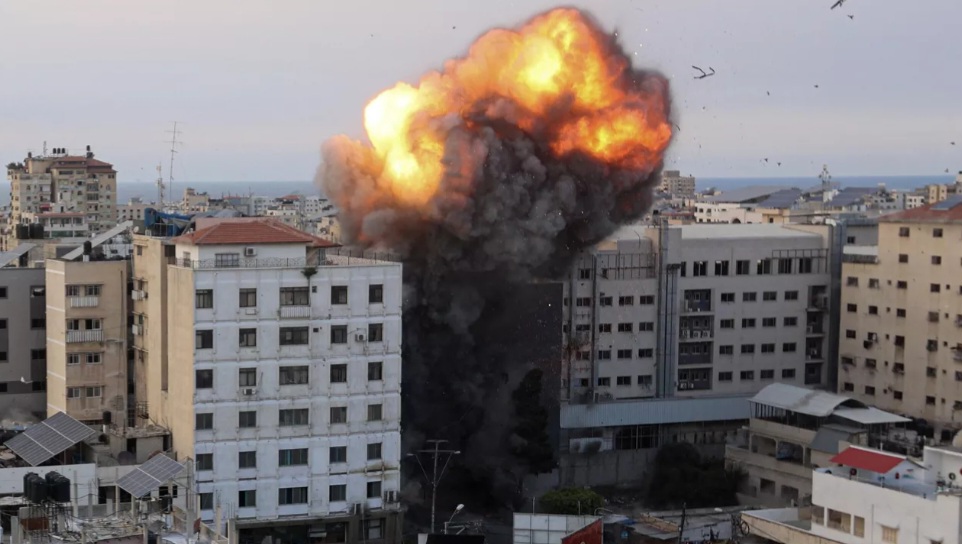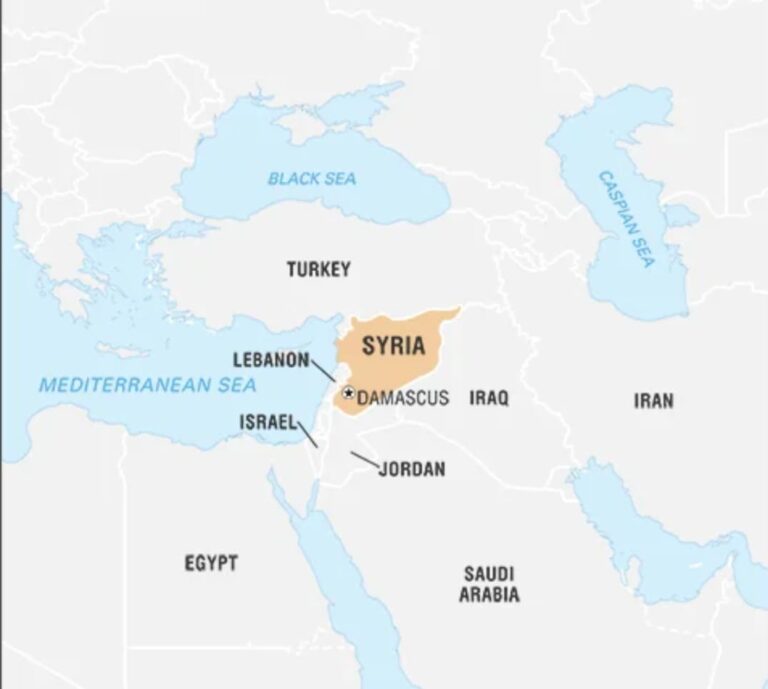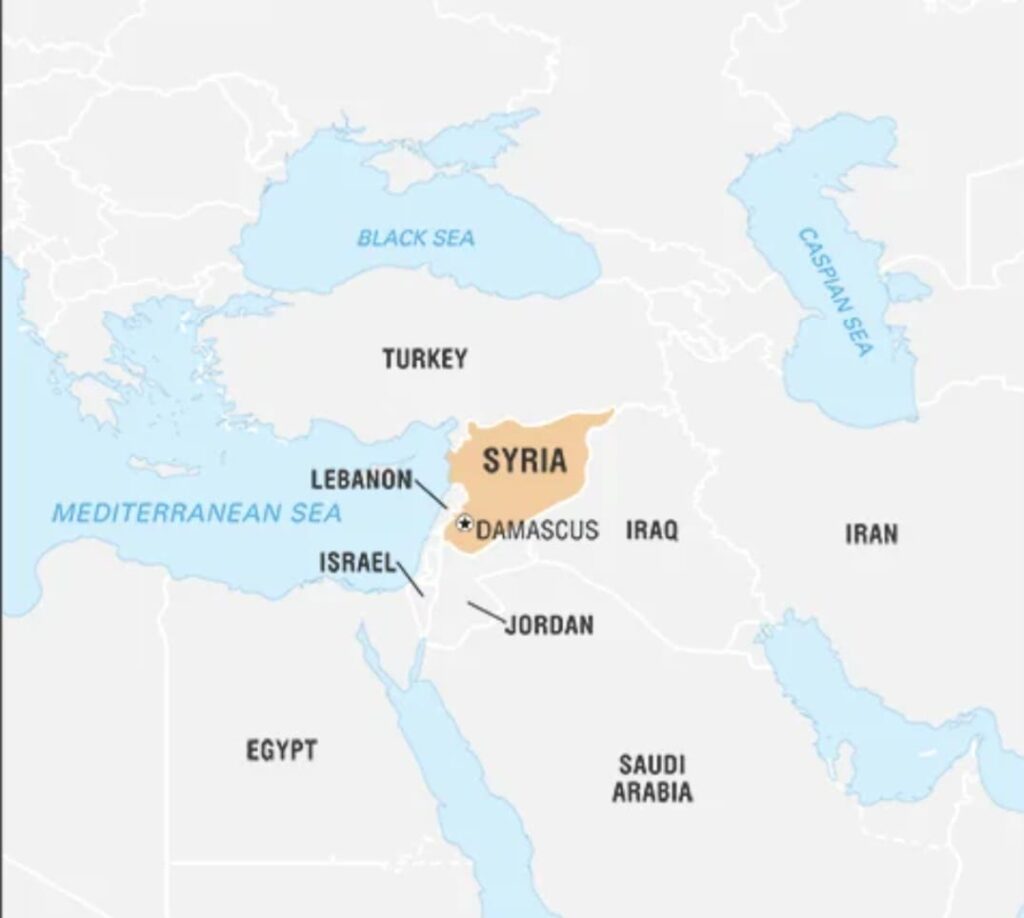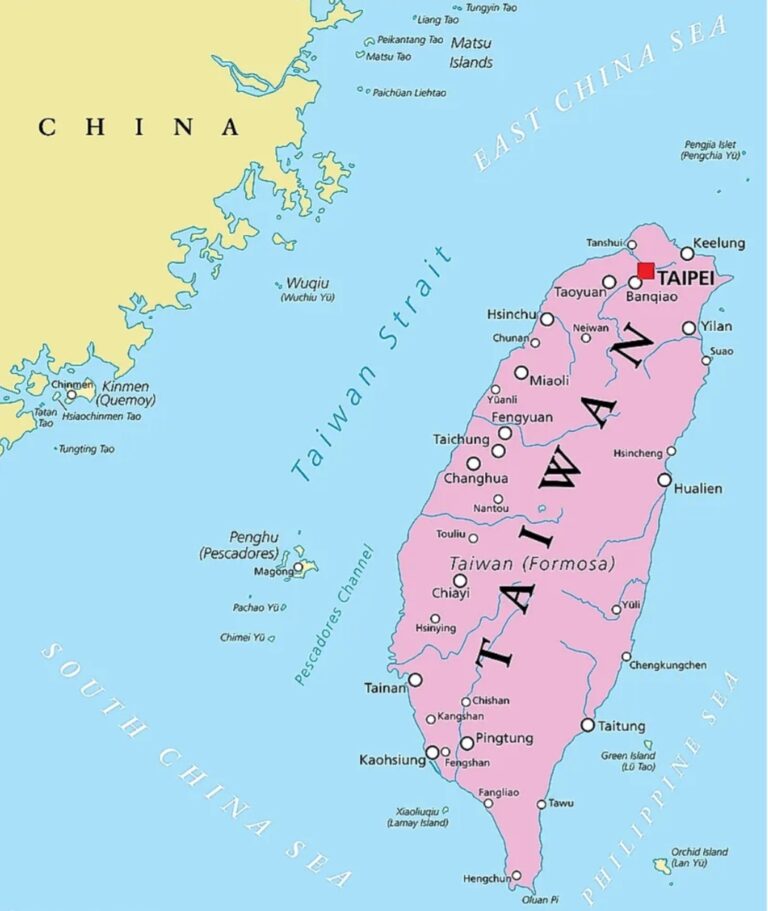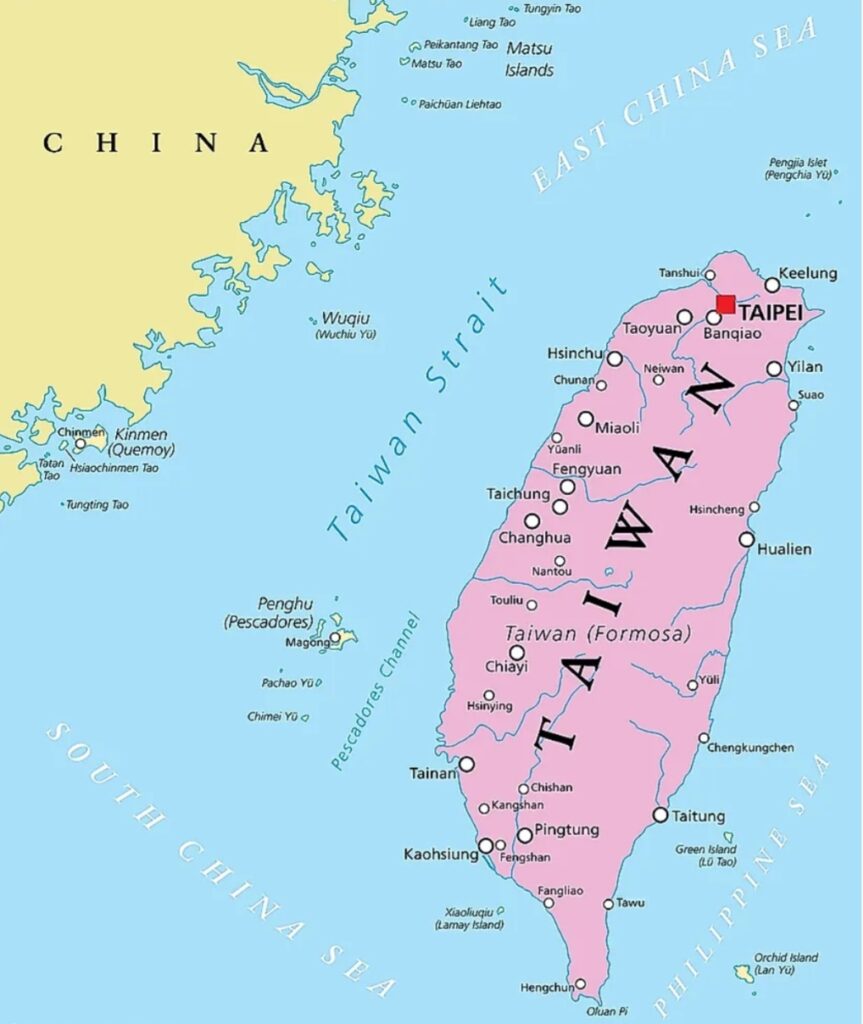By: Barsha Hazarika, Research Analyst, GSDN
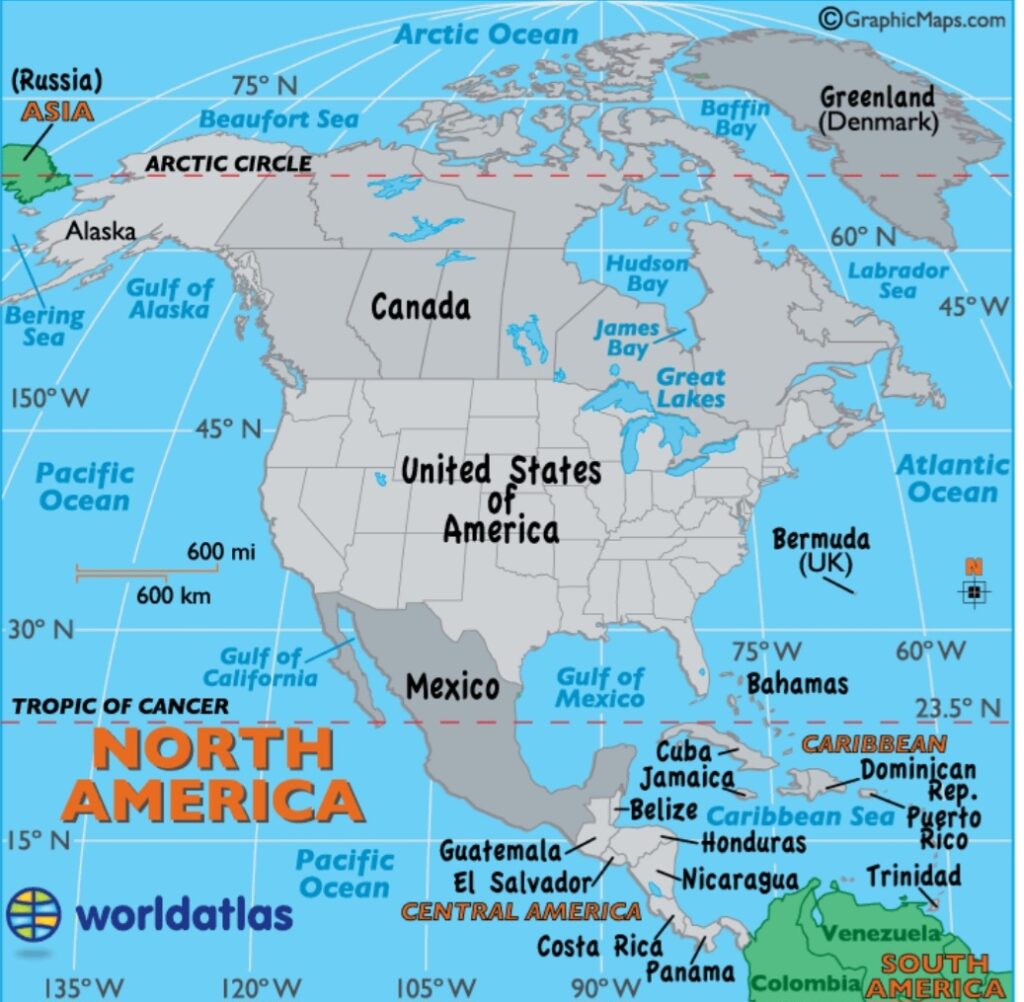
In geopolitics, the kind of neighbor one has can make a big difference. A good neighbor can mean beneficial security and trade relations. A bad neighbor can mean a border crisis, resource conflict, and war. Mexico, by most measures, is a good neighbor to the USA. It’s been long since the two nations had any military conflict. And Mexico is arguably the US’s most important trading partner. This closeness has allowed the United States to rely on peace in its neighborhood and to focus on other issues abroad. This US neighbor is an emerging country with the 15th largest economy in the world. It is America’s most important trading partner ahead of China and Canada.
Today, some 11 million Mexicans and 35 million Mexican Americans are a big part of the US population. Mexico is also important regarding the USA’s shared environment along the border in terms of industries, waterways and overall security.
It is said that no other country in the world affects day-to-day life in the United States than Mexico. However, there are a few hot-button issues in the USA regarding Mexico, like trade, immigration, and drug trafficking.
Trade relations: in 2022, an estimated US$ 855 billion in trade was conducted between Mexico and the United States, affecting 5 billion jobs. Again, that’s higher than overall trade with China in the same year. So today, when we look at products in the US, Mexico and Canada are integral in making these products, and these countries are big buyers of US goods and services when they make products. So, for instance, a product that comes in from Mexico, on average, about 40 % of the product is made in the US. So, US workers put things together that are then sent to Mexico to be assembled. If you look at a product from China, it’s less than 4% made in the US, so almost everything is made on the other side of the ocean. Hence, Mexico and the US are essential to each other because they make things together.
However, there is a downside in this trade relation for the US in the form of NAFTA. It is because there was the loss of United States manufacturing jobs. As higher-paying factory jobs relocated to more cost-effective countries, many jobs went from the United States to Mexico. This was especially true in lower-skilled industries like automotive and textiles. Between 1994 and 2010, the US trade deficit with Mexico totaled US$ 97.2 billion. In the same period, 682,900 U.S. jobs were displaced.
Almost 80% of losses were in manufacturing. California, New York, Michigan, and Texas were the hardest-hit states. They had a high concentration of industries that moved plants to Mexico.
There was a trade deficit of US$ 131.1 billion with Mexico in 2022, which is estimated to increase. US exports mainly raw materials and other parts that return to the US as finished goods. For instance, US auto parts export of US$13 billion returned in the US$ 30 billion worth of cars and trucks imported from Mexico each year. Unlike Canada and Chile, the US’ other established free trade partners, Mexico isn’t developing into a major consumer market for American products.
Peter Navarro, a former senior adviser to the US President on trade and industry, stated that a deficit threatens national security because the United States depends on foreign debt and investment to finance it. In terms of trade, USA is clearly at a disadvantage with Mexico.
On July 01, 2020 USMCA came into force, substituting NAFTA in the hope of a more mutually beneficial trade agreement between all the partners- USA, Canada, and Mexico.
Illegal immigration: Immigration that is most talked about in USA. Former US President Donald J Trump has declared constantly that the presence of immigrants on US soil has eroded the security of the country, both historically and in present times. The National Security Strategy (NSS) for the 45th federal administration of the United States places the immigration policy as a top priority in order to protect the homeland, its nationals, and the “American way of life.” That is why the former President has raised the need to build a physical wall at the southern border and to reshape the immigration policy, which has sparked major controversy.
However, it is not about Mexican migration as much but about migration from other places that come through Mexico. Since 2014 and 2015, the USA has seen waves of Central Americans coming through Mexico’s border to the United States. This migration is mainly driven by violence, poverty, bad governance, corruption, etc. Many Central Americans are looking for a life elsewhere, and many have pulled into the United States. The most significant spike of migrants was from Central America, particularly from the northern triangle. In this sense, Mexico is not only an export country; it is also a transit country and is becoming a receiving country. Recent cases of migration include lots of Haitians coming, tens of thousands. So, Mexico has become a gateway for migration to the United States.
In 2016, nearly 44 million immigrants living in the United States, representing 13.5% of the total population. The National security strategy, states that “illegal immigration [….] burdens the economy, hurts American workers, presents public safety risks, and enriches smugglers and other criminals.”
This poses a huge problem for the USA to deal with, as Mexico doesn’t have the capacities or the resources even close to what is required to deal with this problem professionally or humanely.
Organized crime: it is one problem that has been persistent for decades. The 2023 Mexico Peace Index finds that the national organized crime rate has risen by 64.2 percent in the past eight years. The rate has climbed every year since 2016, with the exception of a slight decrease in 2020. According to Al Jazeera, “Today Mexico is the most dangerous country in Latin America. Since the late ’80s and ’90s, Mexico has become one of the most significant sources of drugs imported into the US, starting with marijuana and cocaine and then moving into 2010 to meth. Today, much of the fentanyl that comes into the States from abroad comes through Mexico. Due to illegal drugs, particularly in recent years, the rise of fentanyl, about 70,000 Americans died last year from fentanyl and opioid overdose. Mexico supplies almost the entire US drug market.
Security is a massive issue in the US-Mexico relations and goes both ways. The US has not been able to curb the sale of guns to the Mexican cartels, which has become an irritant. Mexican cartel has become all-powerful and is even a threat to the state.
It impacts American businesses, tourism, and border-area security, and its effect is predicted to grow. In one survey, nearly half of American companies in Mexico said fear over drug violence was affecting their expansion plans. For 20 years, Columbia endured of chaos, terrorism, and warfare with its neighbor due to drug gangs.
Democratic backsliding: Mexico has operated as an electoral democracy for nearly three decades, despite corruption, violence, and inequality, with political competition and a thriving civil society. But in recent years, Mexico’s autonomous institutions are gradually losing their ability to serve as a counterweight to the executive under President Andrés Manuel López Obrador, a pugnacious and popular leader who stormed to power in 2018. Many people on both sides of the border are concerned that recent reforms to Mexico’s National Electoral Institute may erode the country’s ability to assure the quality and integrity of elections and significantly influence the quality of Mexico’s democracy.
Mexico is embroiled in a heated debate over the future of its democracy. The United States should pay close attention, maybe even more so given the ongoing dispute over the functioning of American democracy.
These are major challenges that directly affect the United States in terms of security and prosperity. That is why the USA needs a stable Mexico at its border, but these are some huge issues that hit deep political, social, and economic nerves that the USA needs to deal with. However, these challenges are being addressed through cooperation between the two governments. But this has been the most challenging part of the relationship because it is hard to know what to do in complex issues like building capacity to manage tens of thousands of people flowing through. And one of the more significant challenges is that Mexico needs more capacity to do that. Misunderstanding about the shared problem has emerged as a theme over and over again in US-Mexico relations.
What happens in Mexico will continue to affect the lives of Americans every day. So, if Mexico does well, America will do well. If Mexico is doing poorly, it will be a massive problem for the United States.
Both have a history of long partnerships, and there would be an enormous problem if the relationship deteriorates.

